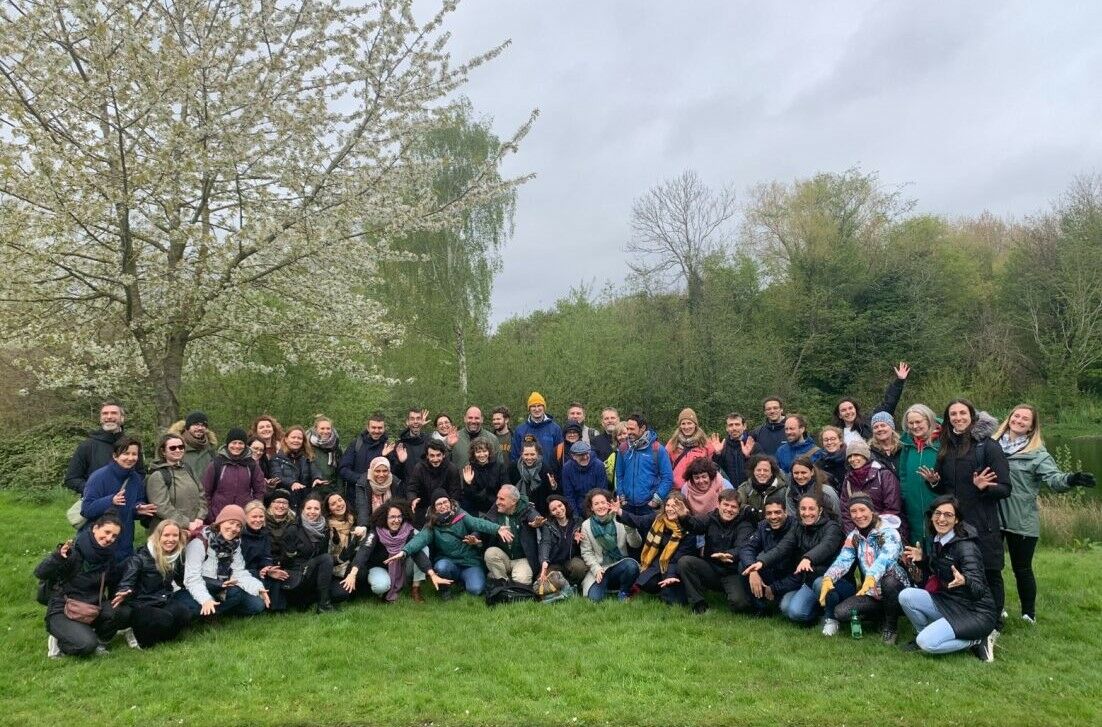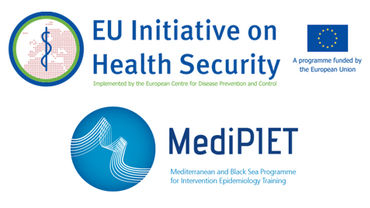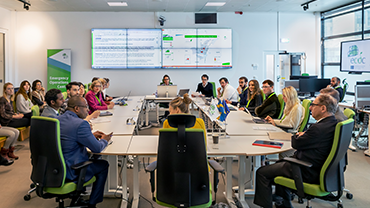Rapid Assessment and Survey Methods module in Dublin
The 2024 Rapid Assessment and Survey Methods module brought together fellows from the European Programme for Intervention Epidemiology Training (EPIET), the European Public Health Microbiology Training Programme (EUPHEM), the Mediterranean and Black Sea Programme for Intervention Epidemiology Training (MediPIET) and the German Postgraduiertenausbildung für angewandte Epidemiologie (PAE) in Dublin, Ireland, for a five-day training course.
The goal of the course was to prepare field epidemiologists to contribute to surveillance and response in mass gathering events, use sampling methods and techniques adapted to the population, contribute to the multidisciplinary and international response to complex emergencies situations and apply their epidemiological skills to serve public health interventions.
During the first part of the training, fellows worked on tailored surveillance practices for mass gatherings, refining their ability to perform risk assessments, identifying and evaluating associated risks, while mastering communication strategies essential for an efficient response.
The second part of the module focused on sampling and survey methodology. Participants got acquainted with practical tools to conduct surveys addressing public health issues. In particular, participants learned to select appropriate sampling techniques, accurately estimate sample sizes, proficiently analyse survey data using a statistical software and use the results of surveys to drive public health decisions.
During the third part of the training, participants acquired experience in conducting rapid health assessments and identifying public health priorities in complex emergency settings, and focused on establishing early warning surveillance systems, conducting surveys, collecting data using mobile applications and using GPS technology to locate points and draw polygons for population estimation.
Employing active learning methodologies such as practical case studies, recorded videos, roleplays, and computer-based, smart-phone and mapping exercises, the module facilitated comprehensive understanding and skill acquisition among fellows.
Upon completion of the course, fellows are expected to be able to define, identify, and assess mass gathering events, as well as effectively implement surveillance, outbreak alert, and response strategies while applying risk communication techniques. Furthermore, they should possess the capability to utilise survey results to inform public health decisions and identify priorities in complex emergency settings.







